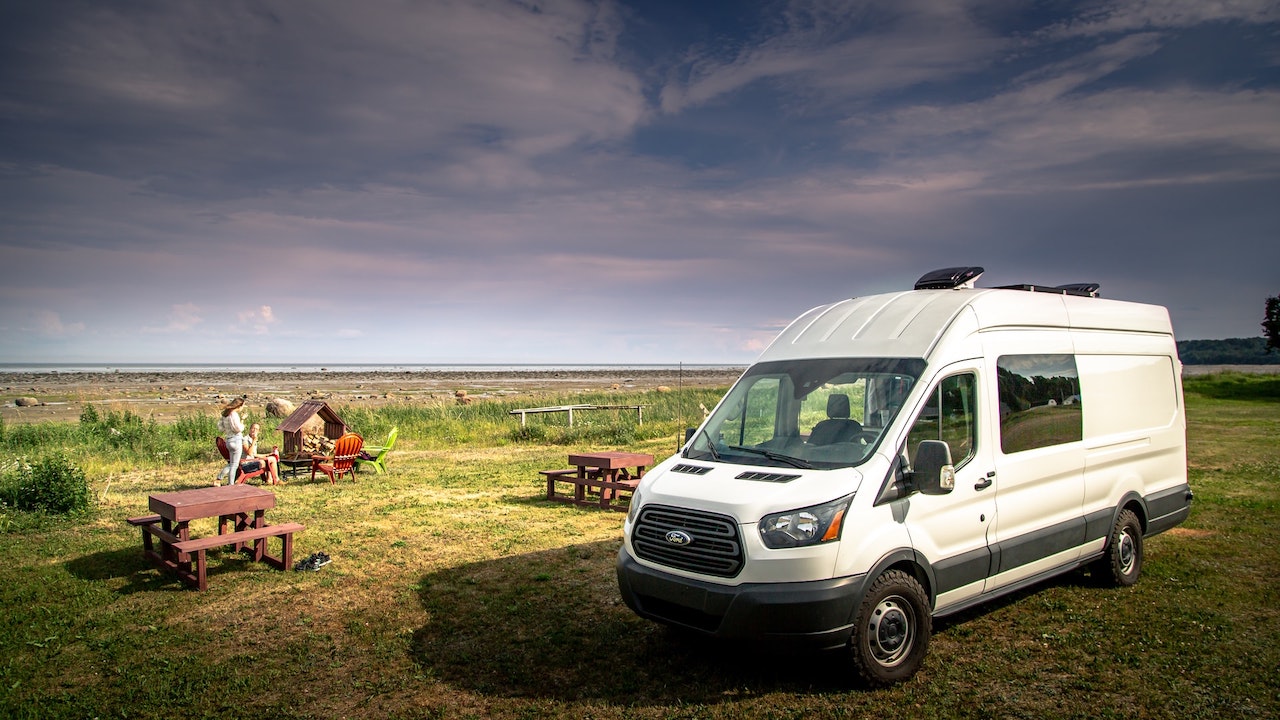There are lots of things to consider when buying a new van. You may be wondering which size is best, what kind of engine you need, and how much it will cost you, amongst other things, and it can be hard to know just where to start.
To help you make a smart, informed decision, we have put together some tips on buying your new van – including how to ensure that you get great value for money!
Types Of Vans Available
There are many different types of vans available in the UK today, ranging from small hatchbacks to large estate vehicles. The type of vehicle you choose depends largely upon its intended use and whether or not you want something with four wheels or two (or more!). If you’re looking for a family car or something to commute around town in, then a smaller model might suit you better than if you plan to carry heavy loads of goods around.
However, there are also larger models available, such as those used by delivery companies, which have greater capacity, but they aren’t always cheaper than their smaller counterparts. These are not exactly small purchases, so it can be a good idea to scour adverts, local recommendations, and even current van competitions for inspiration and ideas.
The most common sizes include:
- Smaller 4x2s: These are usually found in the Ford Focus range and tend to be very economical, although they do lack power. They can often be bought second-hand at good prices.
- Mid-sized 4x4s: These come in various makes and models, and are generally bigger and heavier than their 2×4 counterparts. They’re usually quite powerful, and therefore more expensive to buy new.
- Large 5x5s: These are the largest vans currently available in the UK. They are usually big enough to hold up to seven people, and are often used by businesses for transporting equipment and materials. They can be quite spacious inside, and are generally more expensive to purchase new.
Engine Size And Cost
The majority of vans sold in the UK today are petrol engines, and this is largely because diesel engines are relatively expensive to run compared to petrol – especially when you are filling up a larger engine, as with a van. Another popular option are electric vehicles, and these have seen a rise in popularity in recent years. Electric motors are quieter and cleaner than combustion engines, and so are ideal for city driving, but it is important to note that they will likely require charging every night, and they don’t offer the same level of performance as petrol or diesel options.
You should also take into account the running costs of each engine size, and this includes fuel consumption, maintenance costs, and any additional taxes and charges. For example, a larger engine will typically consume more fuel than a smaller one, meaning that you’ll pay more per mile travelled.
Diesel engines are also more expensive to maintain than petrol ones, and so you’ll need to factor this in too.
Other Considerations
It’s worth bearing in mind that the price of a van doesn’t necessarily reflect the quality of the vehicle itself. In fact, while it may look like a bargain, you could end up paying twice over for a poorly made van. This is why it’s advisable to check out reviews online before making an investment.
As well as considering the cost of the vehicle, you should also consider how much space you actually need. Do you really need a van that has seating for six adults? Or would a medium-sized sedan be more suitable? It’s also worth checking what other features your chosen van offers, and whether they are essential to you. For instance, some vans come equipped with air conditioning, which is great for keeping everyone comfortable on hot days, but it isn’t necessary for all drivers.
Finally, think about what else you need to fit into your budget. If you already own a car, then there’s no point buying a van if you don’t plan to use it as a replacement, so consider the main needs and purpose of the vehicle to help you make a smart purchase.
Final Thoughts
It is always important to test drive a van before you commit to a purchase; this is the only true way to know if it is right for you. Be wary if this option is not included when you view. This could indicate an issue with the van, and you are likely to be better off walking away.
